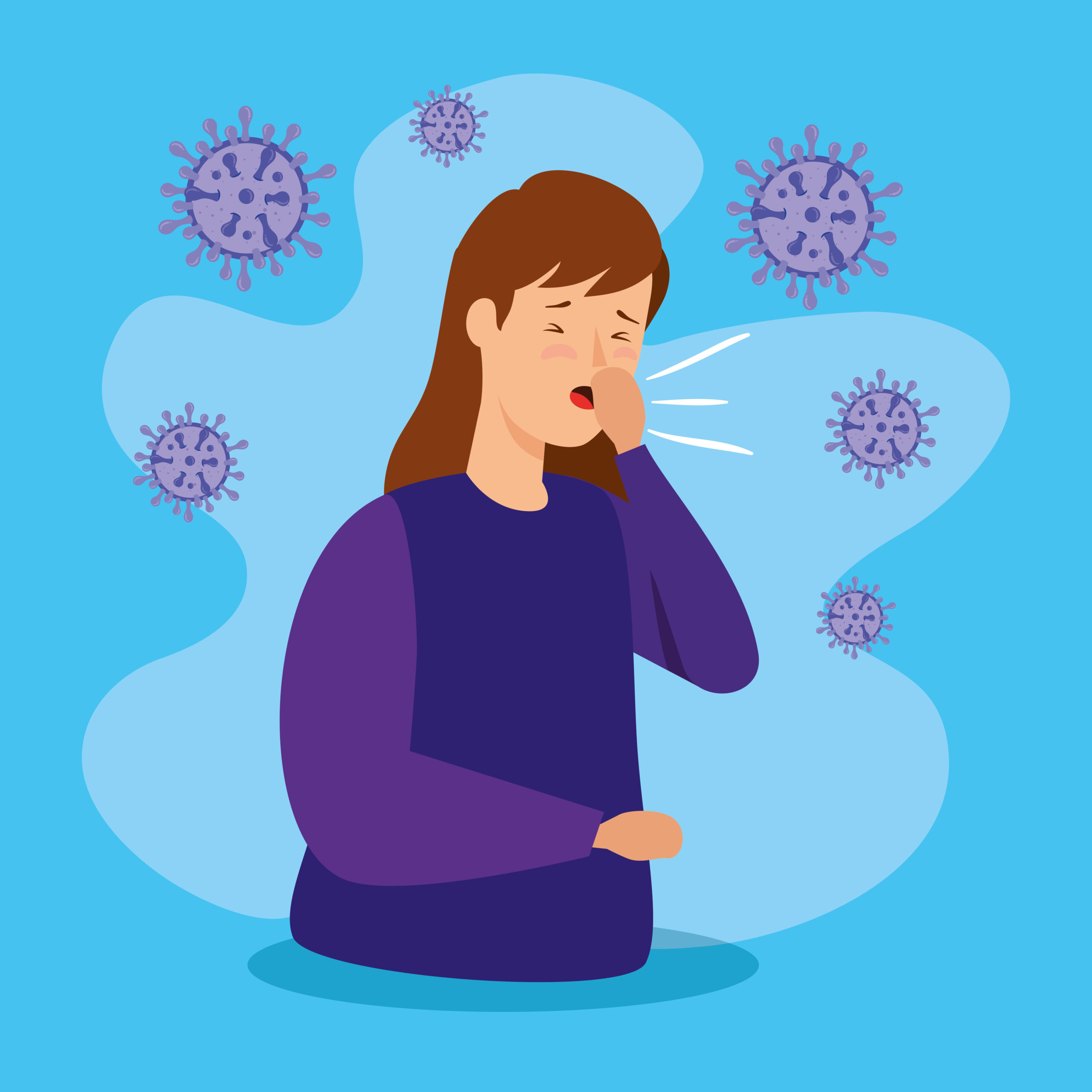Coughing and Congestion in Monsoon: When to Seek Medical Help at Ruby General Hospital’s Pulmonary Department
During the monsoon season, high humidity and damp surroundings often trigger respiratory problems such as coughing, congestion, and nasal stuffiness. Sudden temperature changes and environmental allergens worsen these symptoms, and untreated cases can linger for weeks. Specialists at Ruby General Hospital’s
Pulmonology Department frequently observe such conditions during this time of the year.
A common cold generally starts with a runny nose, mild cough, and low-grade fever and improves within a few days of rest and hydration. But there are warning signs when the problem is more serious. A cough that gradually worsens or sounds deep and chesty, shortness of breath, persistent wheezing, high or prolonged fever. These symptoms persisting for more than a week may point to bronchitis, influenza, or viral fever. In some cases, a mild viral infection can turn into bronchitis when triggered by pollution, allergies, or weather fluctuations. Bronchitis causes inflammation of the airways, persistent cough, and breathing difficulty and requires medical care.
Monsoon also increases allergy-related respiratory issues, mainly due to mould and dust mites. These often present as cough or congestion without fever, sudden sneezing fits, and nasal stuffiness which are worse in the mornings. Allergic responses can persist longer than colds and are sometimes misdiagnosed, leading to wrong treatment. Experts at Ruby General Hospital’s Pulmonary Department advise correct diagnosis to avoid unnecessary antibiotics and ensure proper management.
Not every cough needs medical attention, but some symptoms should never be ignored. High fever with body aches could indicate influenza and may need antiviral therapy. Wheezing and chest congestion suggest lower respiratory tract infections requiring examination and tests. Cough persisting for more than a week may point to secondary infections. Children, elderly individuals, and those with asthma or diabetes are at higher risks and should seek early medical advice if symptoms worsen. Ruby General Hospital’s Pulmonary Department provides accurate diagnosis and comprehensive treatment for these conditions.
For mild cases, rest, hydration, steam inhalation, and good ventilation can help. Allergy-related issues can be prevented by keeping the rooms dry, washing bedding regularly, and controlling humidity. Preventive measures such as vaccination, proper hygiene, and wearing masks in crowded areas are highly recommended. Routine check-ups at Ruby General Hospital are helpful for patients with chronic lung problems to prevent seasonal flare-ups.
Recognising the difference between a common cold and serious respiratory illness is essential. Timely consultation with experts at Ruby General Hospital’s Pulmonology Department ensures effective treatment and helps protect your family’s health this monsoon.
